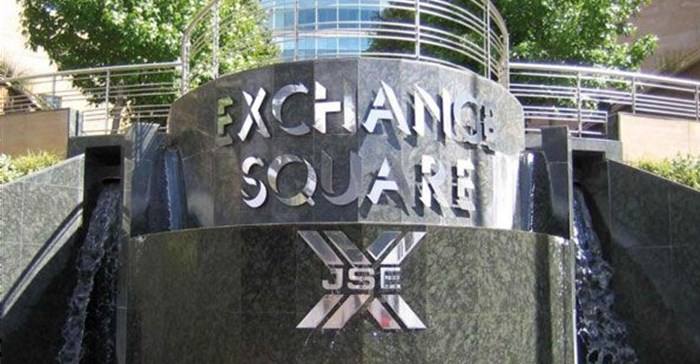Forty-three percent of the JSE Ltd main board listed companies have already voluntarily rotated auditors more than two years before the Mandatory Audit Firm Rotation (MAFR) comes into effect on 1 April 2023.

Image: Pinterest
The Independent Regulatory Board for Auditors (IRBA) started tracking audit firm rotations in January 2017, and the latest figure is up from 21% as reported in October 2019.
Of the total number of rotations that have taken place since January 2017, 40% of companies cite compliance to MAFR as the reason for appointing new auditors. The second most cited reason was a tender process at 15%.
Two of the country’s top four banks – Nedbank and ABSA - have completed at least one rotation of auditor. Banks are required to have joint auditors and there remains sufficient time before 2023 for these banks to rotate their second auditor. The JSE Ltd was the first to rotate citing MAFR. Other notable early adopters of MAFR are AECI Ltd, Telkom SOC Ltd, Anglo American, Bidvest, Afrox, MTN, Murray and Roberts, Impala Plats, MMI, Barloworld, PSG Group and Adcock Ingram.
Early adoption
“For the remaining companies on the main board, those whose audit firms will have tenure of 10 years or more at 1 April 2023 must rotate prior to that date. However, based on the encouraging voluntary early adoption by the clients of audit firms, the IRBA believes that there will be a significant number of rotations in the next two years and that by 2023 only a handful of listed entities will be impacted by the effective date of the rule. We are confident that MAFR is showing success, even on large and complex entities," says Imre Nagy, acting CEO of IRBA.
Four companies cited the United Kingdom’s requirement for mandatory tendering every 10 years as the reason for their rotation. This is as a result of the UK and other jurisdictions such as the European Union member states also believing that there are benefits to shorter tenure periods and prescribing strict audit firm tenure rules in those countries.
This means that these companies which have rotated in the last two years (2019/2020) will not need to rotate again until 2030 or 2031. The continuous and steady early adoption of MAFR by companies, indicates that audit committees are paying greater attention to the independence of their auditors.
One of the reasons why the implementation date was set at April 2023 was to provide audit firms and their clients with sufficient opportunity to prepare for MAFR and allow for cooling off from other work - as required by the Companies Act - to ensure that there would be firms eligible to appoint
What is particularly notable is that we have seen three companies appointing a big four firm together with a black-owned next tier firm in a joint audit arrangement. This will help to expose these smaller audit firms to large listed audits and transfer skills. During 2020, the IRBA also published a Guide to Joint Audits and we will continue to encourage this access to market to address transformation imperatives.
Concerns previously voiced that the big four will only rotate amongst each other has been disproved as a number of next tier firms have also benefited from rotation with BDO, Crowe Thawt, Mazars, Moore Stephens, Nexia SB&T, Ngubane and Co, RSM, SNG GT, and PKF all picking up new audit clients on the back of rotation.
It is clear that audit committees have recognised that auditor independence is of crucial importance to audit quality, and by addressing any long association between the audit firm and the client, the company would have gone a long way in addressing the perceived impact of extended relationships on their audit













































